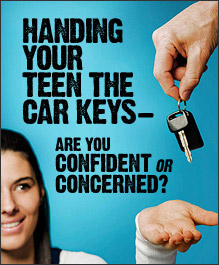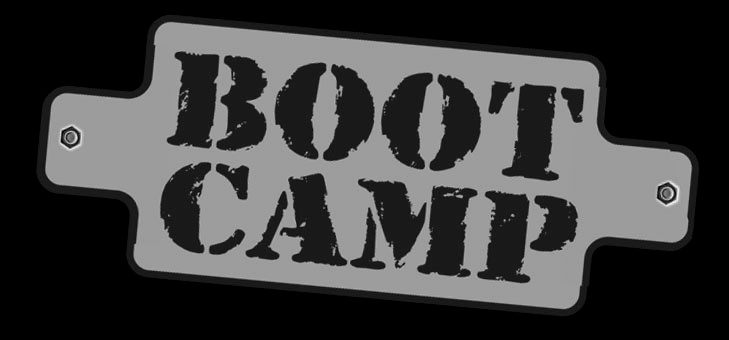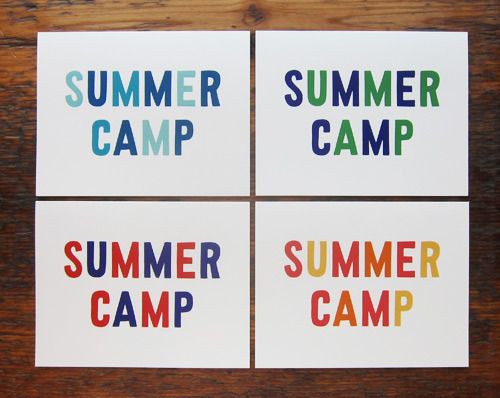One of the issues that can affect teenagers is that of self esteem. Self esteem refers to how one feels about him or herself. Also, it refers to how you think others feel about you. Do you think they like you? Or do you feel like no one values you? There are different factors that go into self esteem, and for teenagers these factors often make a bigger difference. Low teen self esteem can lead to sexual activity (sometimes resulting in teen pregnancy), depression and even suicide. It is important to recognize that teenagers need to feel valued and loved.
Why teen self esteem is important
It may seem unimportant to worry about teen self esteem, but in reality, it can set the stage for one’s entire life. According to a questionnaire given to 90,000 students in grades 7-12, self esteem helps teens deal with emotional stress. Additionally, having good self esteem correlates with success later in life – mainly because good grades and confidence can allow a teen to start out with scholarships and other opportunities.
Self esteem is also important when it comes to making good choices. Teen pregnancy statistics show time and time again that girls who engage in unprotected sex often have lower self esteem than their counterparts. Other decisions, such as those regarding risky behavior and use of illegal drugs, can result from low teen self esteem.
Finally poor teen self esteem can lead to emotional and mental issues. Depression can stem from feeling as though you are not good enough. In some cases, teenagers who cannot overcome their feelings of hopelessness and low self esteem resort to suicide.
What causes low self esteem?
There are many factors that can contribute to a teen having low self esteem. Here are some of the factors that may contribute to teen self esteem problems:
- Appearance (self image). It may seem shallow, but most teenagers are concerned to some degree about their appearance. This can be difficult to overcome, because in some cases it can be difficult to change one’s appearance. Overweight teens often feel bad about themselves, as do teens that think that there is some sort of irregularity with the way they look.
- Peers. Teenagers may have peers that make fun of them or put them down. If a teen feels like an outcast, it can have an effect on his or her self esteem.
- Parents. Sometimes parents or other authority figures put teens down and cause self esteem problems. Parents, coaches and teachers who always criticize can make a teenager feel as though he or she never does anything right, and is never valued. Such constant criticism may cause him or her to feel unloved.
- Unrealistic expectations. We all want to live up to our potential. But sometimes teenagers feel pressures from unrealistic expectations. Parents and teachers may expect too much of them. Often, a teen can develop low self esteem because he or she is not “living up” to the expectations that one sets for oneself. A teenager can, at some times, be his or her own hardest critic.
Helping your teen overcome low self esteem
You want to help your teenager overcome low self esteem. This means that you may need to make changes yourself. Look at your behavior, and determine if there is something you can do differently. Teens need to be corrected, but are you always criticizing? Try to say at least one positive thing for each negative thing you say.
If there is an appearance issue, encourage your teenager, if reasonable. If your teen is overweight, this can be done by exercising with him or her and encouraging him or her to lose weight for health reasons. Do not point to the appearance issue in such cases. Instead, focus on the health aspects of the change. If the appearance issue is something that can’t be changed, help your teen gain an acceptance for it. This may require counseling, especially if the issue is of a recent development, as from an accident.
You can also talk to your teenager about failure. Make sure that you don’t express excessive disappointment when your teen does not perform to your expectations. Instead, praise the effort and encourage him or her to work harder next time. Explain that mistakes should be viewed as chances to learn and grow, rather than a measure of one’s worth.
There is a fine line between giving your teen a false sense of complacency and feelings of entitlement and self esteem. But if you are careful, you should be able to help your teenager develop a healthy attitude toward him or herself.






